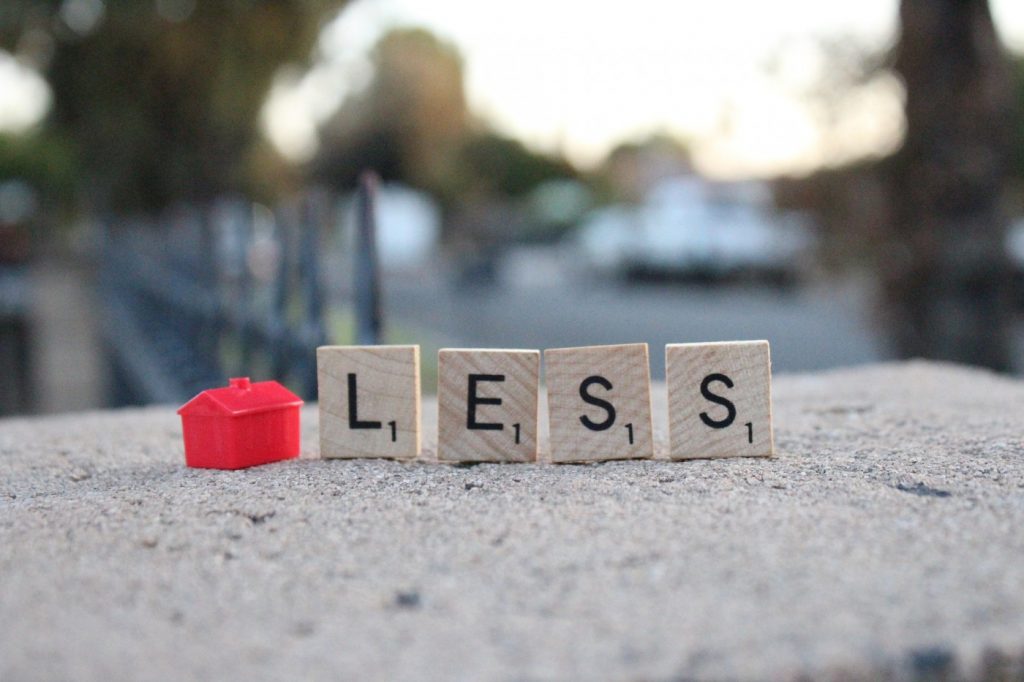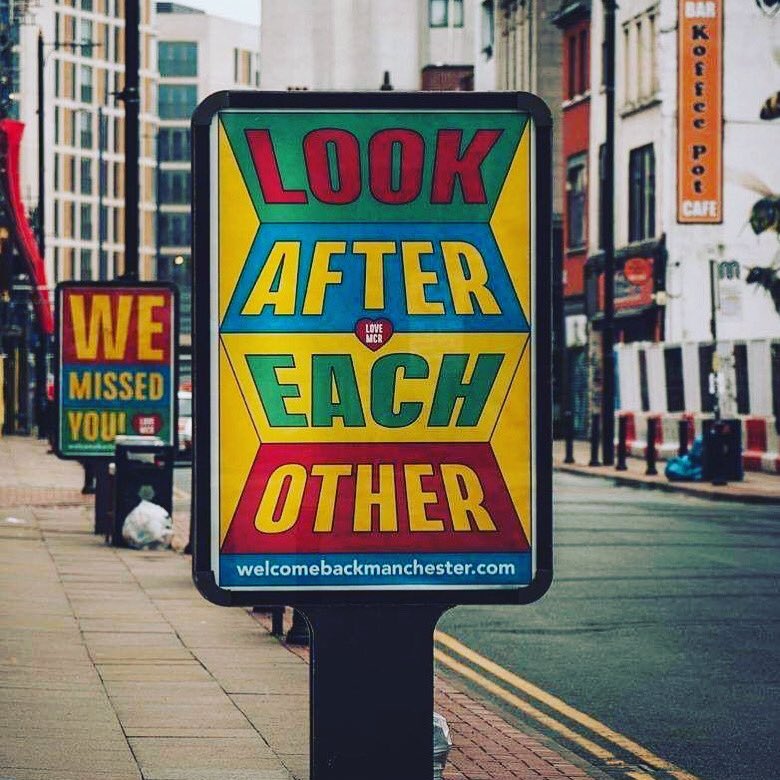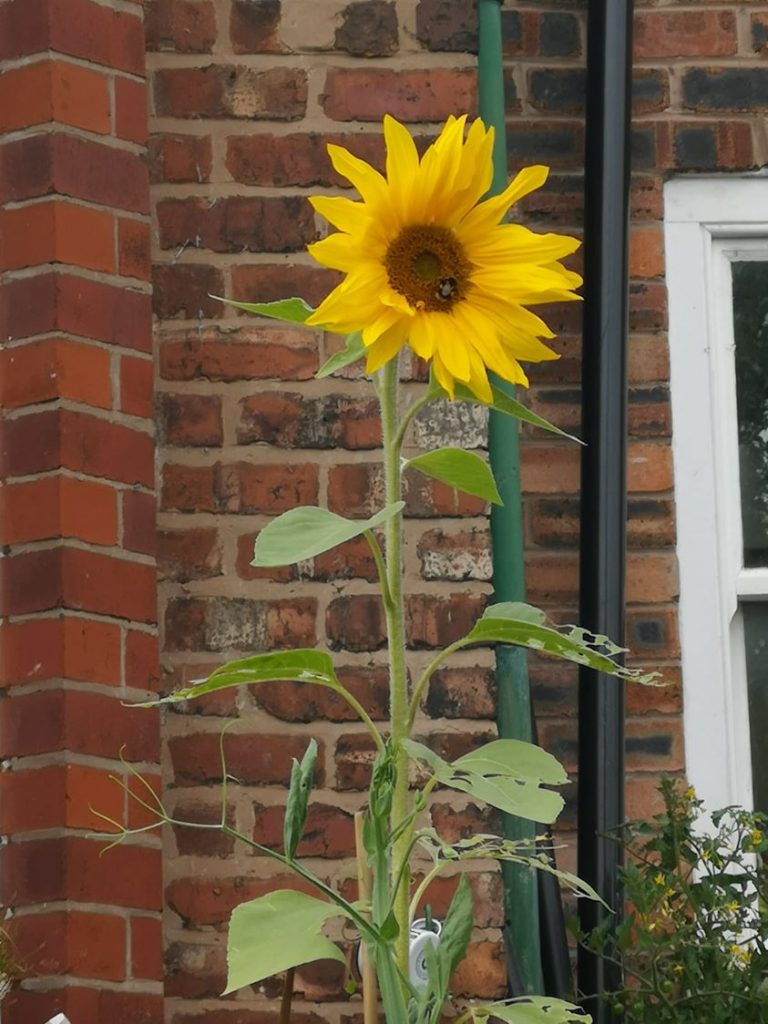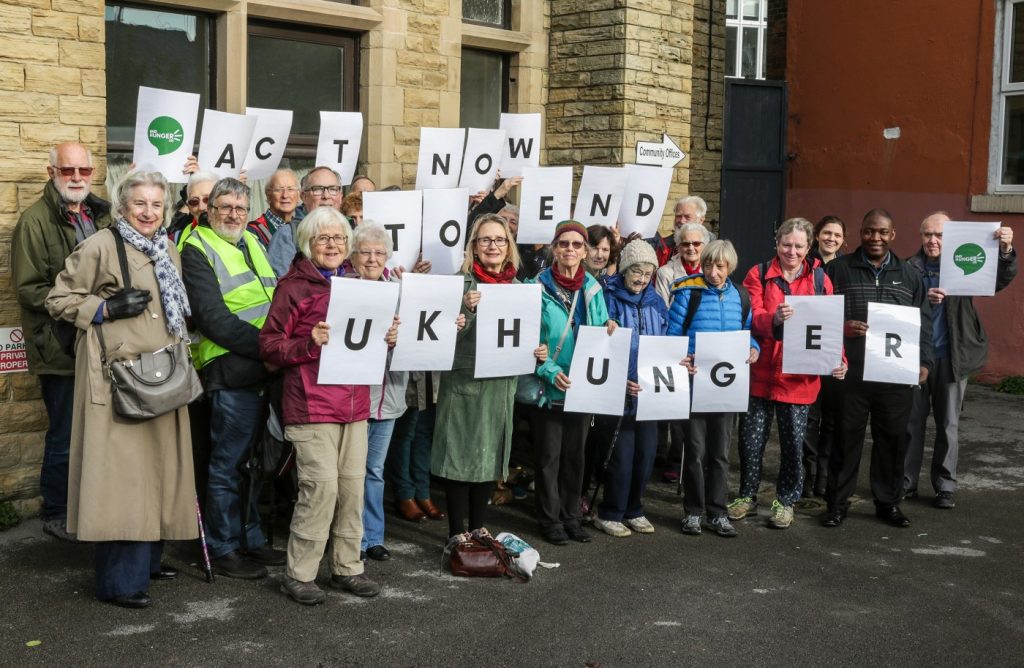Thoughts on child hunger, privilege, and immunity against judgment
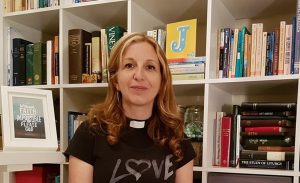 Rev Jules Middleton, Associate Vicar at Trinity, Lewes, responds to the child hunger debate
Rev Jules Middleton, Associate Vicar at Trinity, Lewes, responds to the child hunger debate
This summer I, my colleagues, and an army of amazing volunteers ran the Food Hub in Lewes to help the local foodbanks cope with the overwhelming number of referrals coming in – due to the pandemic. I believe a key reason the church is here, is to help, support and love those in our community – all, not just those who come to church. But running a food hub is not something I really want to celebrate and here’s why…
We already have 3 foodbanks in Lewes, a town that most people assume is affluent. Of course it’s not inner city London, our problems seem small compared to larger areas but they don’t feel small to those who face not being able to feed their families, or pay the bills, on a daily basis. Running the Food Hub I have heard first-hand the real life struggles of those who need to use a foodbank, I’ve seen parents in tears or overwhelmed with shame, pathetically grateful for a few carrier bags of tinned goods that most of us would take for granted. It’s been frankly, heartbreaking.
Let's think before judging
It’s so easy to think that this sort of thing only affects them over there, “the poor” and people often assume those on benefits are bludgers, lazy or stupid. Frankly if anything is stupid or lazy, it’s taking that view without doing some homework, because the reality is that unless you’re earning a super salary, or have some decent savings, any one of us could end up needing Universal Credit or a foodbank.
People find themselves needing support in this way for lots of reasons, perhaps an unexpected bout of ill health – short term or long term, loss of a job or being made redundant, self-employed and can’t work for a period of time, having a child, having a child with extra needs, worldwide pandemic… For most people it only takes one thing to change their stable situation. One missed payment means a fee, possible bank charges and often no way to make them up, so next month adds on another charge, and another fee, and so on ad infinitum. It’s very easy to slip into debt quickly.
We could have so much more compassion
So it was deeply saddening to hear that the voucher scheme for free school meals in the holidays is not going to be extended and, more so, to read some of the negative and judgemental comments posted online.
So many of us view things from a place of privilege or from our own experiences. We talk a lot about privilege in this day and age but how many of us actually recognise it? How many of us actually bother to try and put ourselves into the position of the person we are idly judging and try to understand what life is like for them? I wonder how many of us have actually spent any time at a foodbank? Or have actually met those struggling with the shame of having to ask for help to support their families?
How many of us have chatted to those who have had some bad luck – lost a job or suffered an injury and been unable to work? If we all did this a bit more I am sure we would have so much more compassion and understanding for each other. And indeed it was so encouraging to see that in response to the news of the voucher scheme ending many cafes and restaurants have chosen to offer free meals for children though half term.
Imagine...
If you genuinely want to know why parents can’t budget better, imagine what it is like if your income is so tight it’s down to the last penny and any tiny thing could throw it out. What if the washing machine breaks (and that’s assuming you could afford to buy one in the first place), or your child has a growth spurt and suddenly needs new clothes, or someone gets sick and you need the public transport fair to get to the hospital?
Or you may ask, why can’t people shop for cheaper food, grow their own food or even forage?! This assumes choice and time, it assumes the time needed to do any of these, it assumes choice of shops and the ability to get to them, or to be able to buy in bulk. It assumes owning or having the money to buy garden tools, seeds and plants, or even having a garden in the first place.
Are you wondering if the benefit system or food banks breed reliance on ‘the system’? Well, if you’ve ever had to apply for benefits you’ll know how hard it is, the paperwork is lengthy and intrusive – and mostly now online. Did you know many digital forms cannot be filled out on a smart phone? And before anyone notes the expense of a smart phone, ask yourself how you would live your life with no access to the internet or even a phone line? Imagine you can’t get a contract for a landline because you don’t have a good credit rating – because of those bank charges that were not your fault? Don’t think that anyone ‘wants’ to rely on this.
All of this is also to assume that a person needing help has no physical or mental health concerns that might affect how they live and whether they are actually able to find out what support they can get, let alone apply for it.
Marcus Rashford, a footballer who has been campaigning for free school meals, was accused of ‘celebrity virtue signalling’ by an MP this week. But isn’t it a shame that he or any other celebrity even needs to highlight issues like these? Wouldn’t it be much better if our leaders led by example, in helping us all to think about how others’ lives might be; who might encourage us all to look out for one another. A bit like a version of herd immunity where we all protect each other by our love for one another, and with the recognition that sometimes bad stuff happens for no reason and no one is to blame. Isn’t that the sort of society we want to be?
I know some will say I’m simply a ‘bleeding heart lefty’ but you know, I believe Jesus Christ bled and died for each of us, so if my heart is aching for those who are suffering, I’d say that’s a pretty good label.


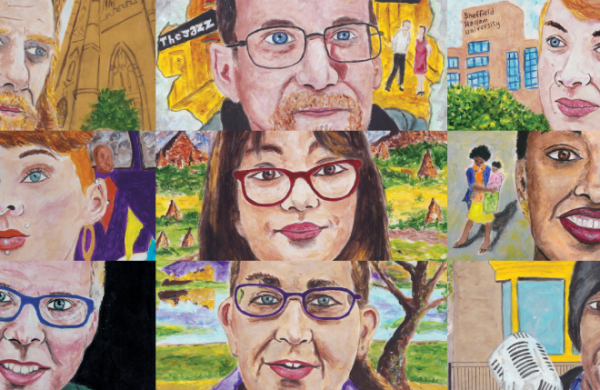
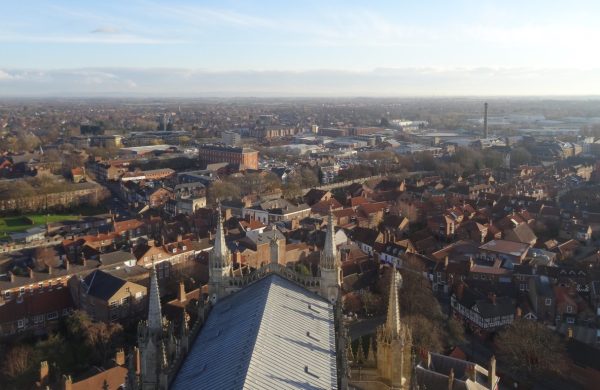
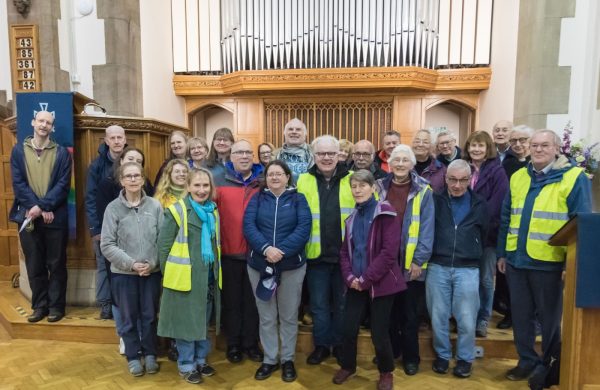
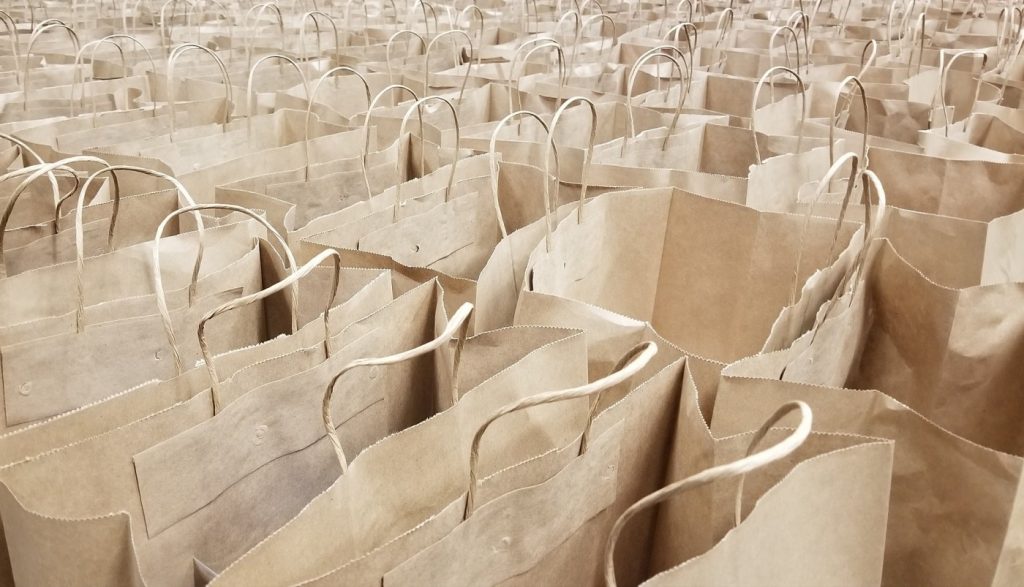
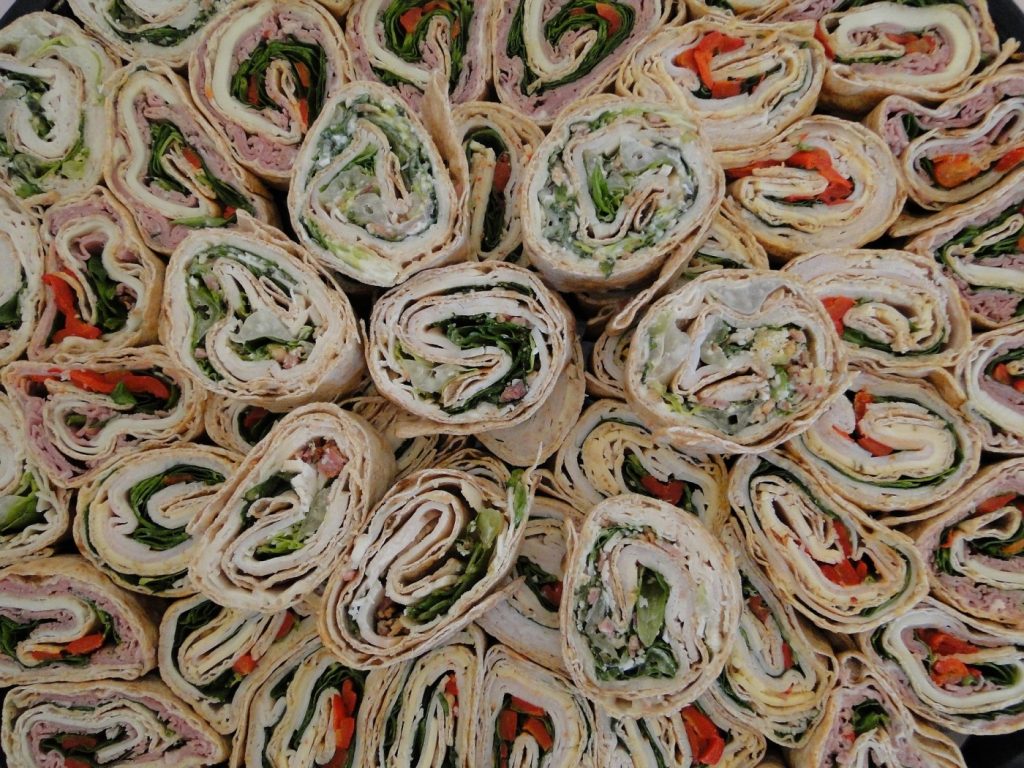

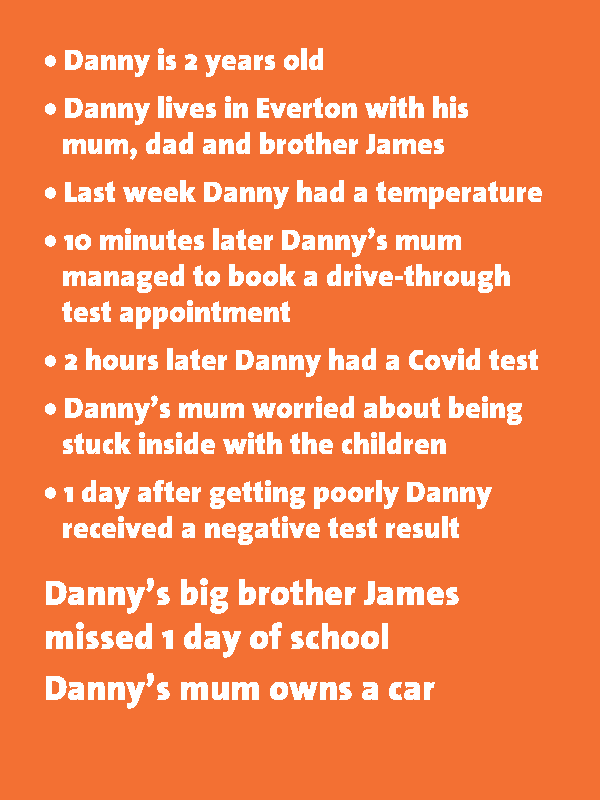
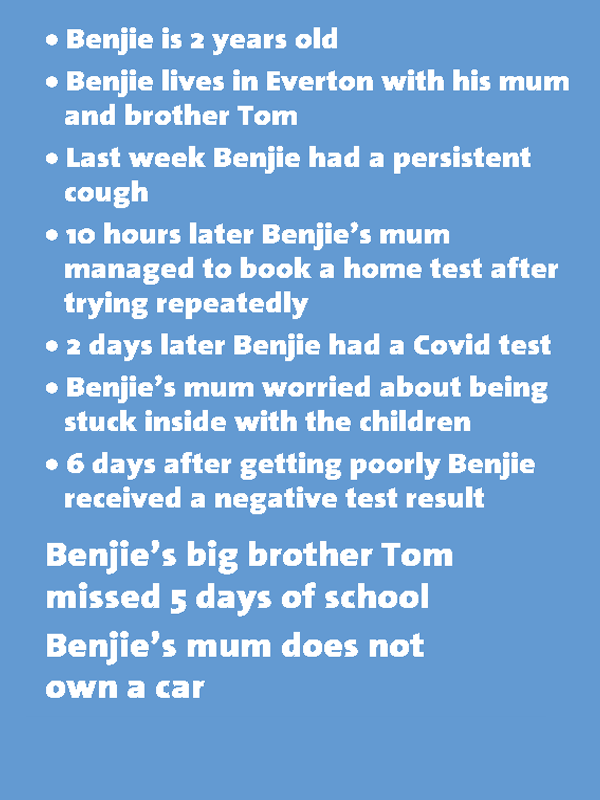
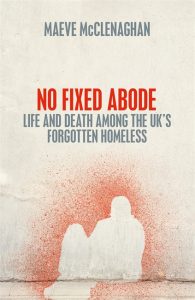 No Fixed Abode by Maeve McClenaghan is published this month. It tells the stories of many people who have been pushed into homelessness and who have died or lost friends – and it challenges us all to make this a turning point.
No Fixed Abode by Maeve McClenaghan is published this month. It tells the stories of many people who have been pushed into homelessness and who have died or lost friends – and it challenges us all to make this a turning point.